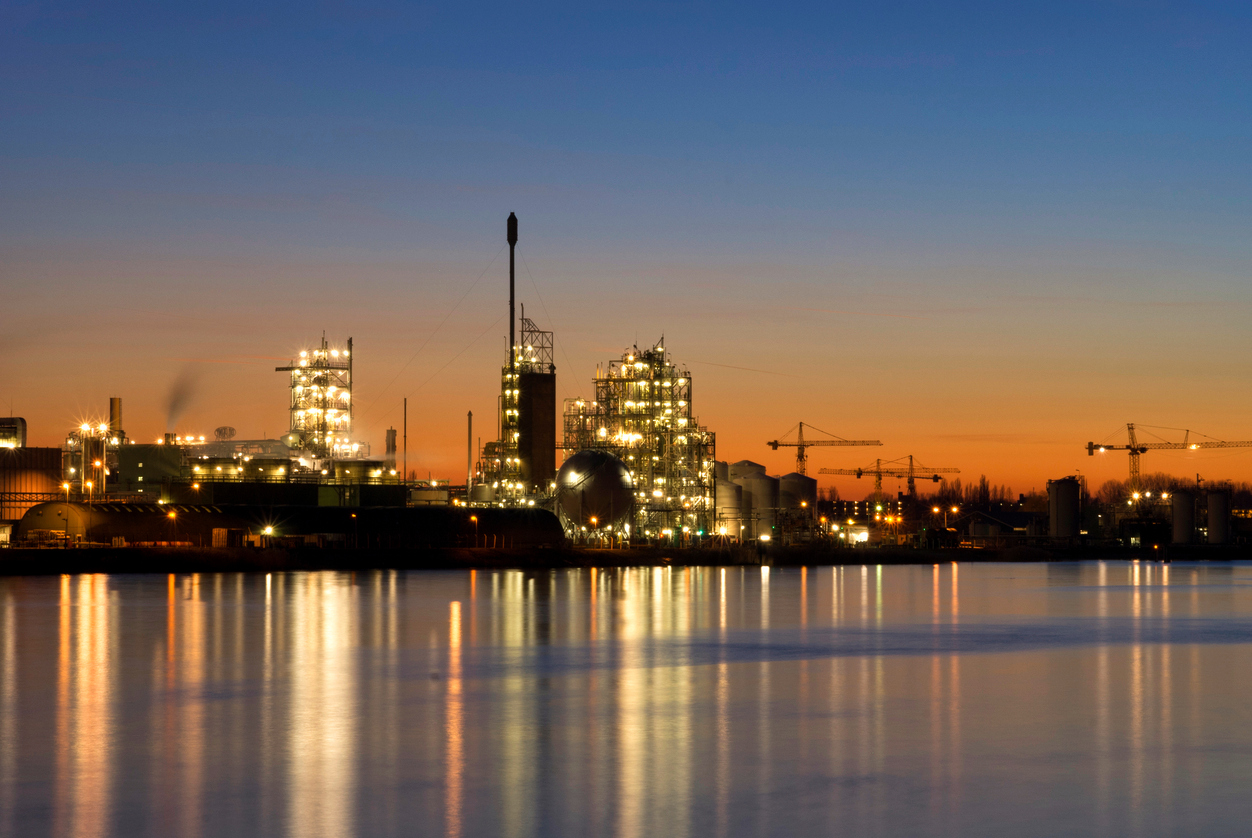Dutch PFAS plant
Zembla has made disturbing revelations in a documentary about PFAS contamination surrounding Chemours, located by the Merwede river in Dordrecht. These ‘forever chemicals’ are harmful to both humans and the environment and barely degrade.
Similar to the well-known ‘Dark Waters’ story from the United States, where the chemical company DuPont remained silent for decades about the effects of PFAS, the situation around Chemours in the Netherlands also raises significant concerns. The factory in Dordrecht has been operational since the 1960s, modelled after the facility in the United States. The pollution in the vicinity of the U.S. factory led to one of the largest environmental lawsuits.
Chemours, which originated from DuPont, is facing accusations of withholding information about the harmfulness of PFAS from employees, residents, and the environment. PFAS are linked to severe health issues and have a harmful impact on ecosystems. Several studies indicate a connection between certain PFAS exposures and the risk of specific forms of cancer. Furthermore, exposure to PFAS can weaken the immune system and lead to reproductive complications. Zembla asserts that the company did not adequately disclose how harmful the pollution around the factory was, even though the company was aware of it.
The PFAS contamination appears to be much more severe than initially thought. Everything in the vicinity seems to be affected by PFAS: ditches, soil, plants, animals, and even humans. The most severe contamination has been detected in the city of Sliedrecht, with PFAS levels there being 13,000 times higher than the safe standard.
The Dutch government has granted permits for PFAS emissions for many years. Permits were issued in the 1990s for the release of tens of thousands of kilograms of PFAS through wastewater and thousands of kilograms through the air.
The PFAS issues around Chemours once again highlight the necessity of minimizing damage to both humans and the environment as much as possible.

